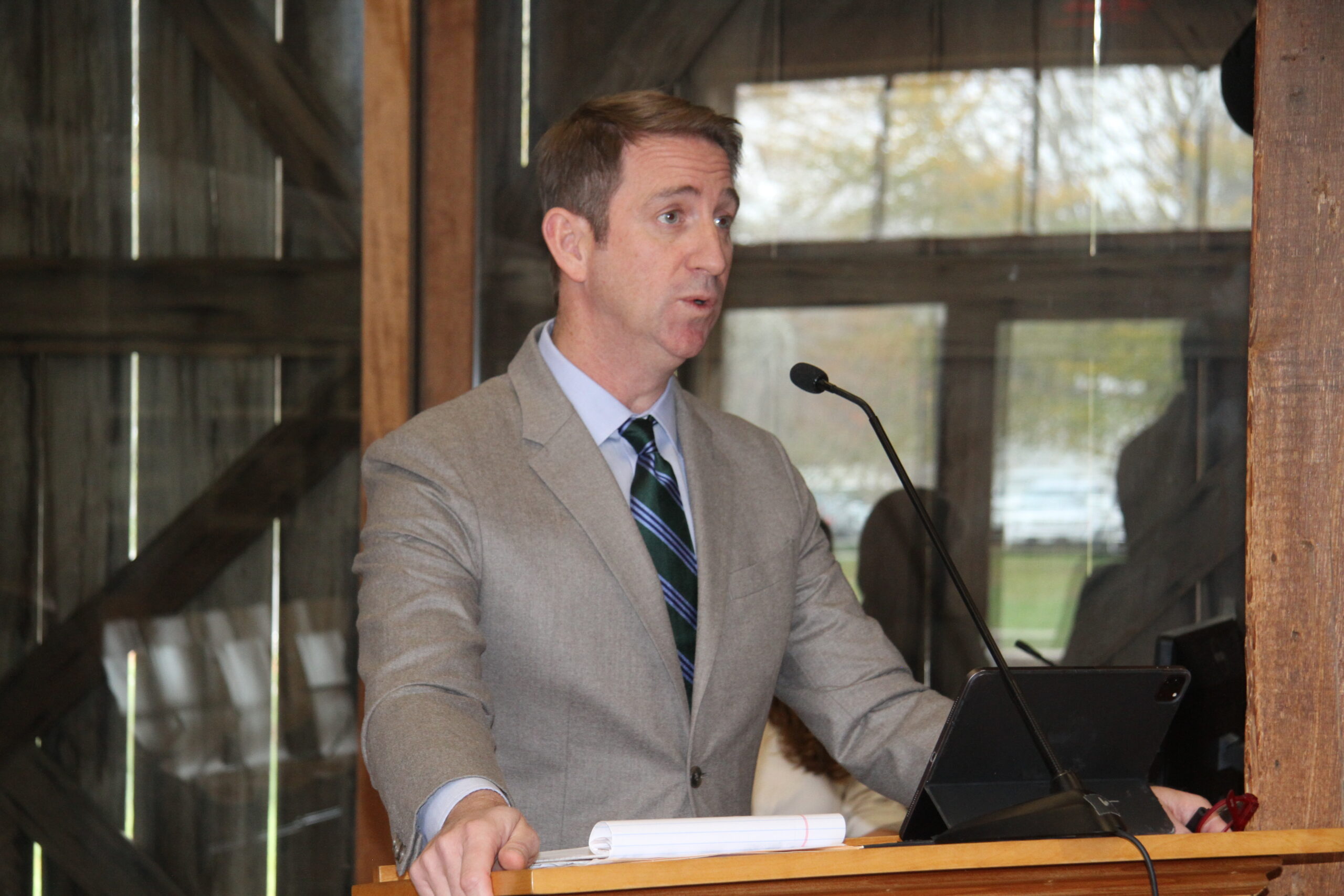
Lawyers for East Hampton Town last week hit back at an attempt by a group of East Hampton Airport users to block the town from using airport revenues to pay attorneys’ fees, calling the effort “meritless” and a poorly conceived “waste of judicial resources.”
An attorney for two pilots’ groups last month asked a judge to order the town’s consulting attorneys to return the money they have been paid by the town for their legal work on the lawsuits, because the money came from the East Hampton Airport account, which is funded by revenues from landing fees and the sales of fuel at the airport.
Their argument was that when Justice Paul Baisley issued a temporary restraining order blocking the town from privatizing the airport last May, he also commanded that while the TRO was in place, the town should not use airport funds for anything other than operational functions at the airport, referencing a portion of a federal statute dictating how airport revenues can be used.
But the town’s attorneys point out in their response to the motion that the FAA has already declared — in response to a 2015 attempt by aviation groups to block the town from using airport funds for legal fees — that the federal statute allows for the use of airport funds for legal fees.
“The FAA has squarely concluded that … the town can use the airport funds to pay for legal and consultant fees,” they argued in their court filings. “[The plaintiffs’ attorney] does not engage with that reality and instead simply concludes that the on-point FAA final discussion is inapt. Not so.”
The motion was brought by attorney James Catterson, who represents East End Hangars and the Coalition To Keep East Hampton Airport Open, and a group of local residents who were the plaintiffs in two of the five lawsuits filed against the town over its plans to privatize the airport last spring and impose new limits on aircraft traffic.
The financial ploy is the latest in a series of attempts by Catterson and his clients to derail the town’s defense of its position on technicalities, which also have included failed efforts to have the town held in contempt of court and to have its attorneys kicked off the case.
The town’s lawyers ridiculed Catterson’s most recent tactic as wholly outside of the basic tenets of legal motions — namely, that the court can only take action on parties to a lawsuit, which the attorneys themselves are not. Since the cases at hand are against the town, the court could not impose any order on individual attorneys or their law firms, they argued.
“On top of everything else defective in their motion, East End [Hangars] asks this court to order three nonparty law firms to ‘return to the airport fund any fees they received for work performed after May 16, 2022,” the response says, referring to the date the TRO against the airport privatization plan was imposed. “Assuming, arguendo, that the town violated [federal statute] by paying legal fees with airport funds, such a violation could be remedied by the town replenishing the airport fund, without implicating the town’s counsel and compelling them to return funds received for work they performed.”
The attorneys said that the inherent “bad faith” basis for the plaintiffs bringing the motion should mean not only that the motion should be thrown out but that the plaintiffs should be ordered to reimburse the town for the costs it incurred in defending against a specious legal attack.
The town last week approved an increase in the amount it will pay from the airport’s coffers to attorneys for the legal fees in 2022 to more than $3.1 million.
East Hampton Town Supervisor Peter Van Scoyoc said that the move by the aviation groups was just an attempt to try to rob town residents of their ability to defend popular policies adopted by popularly elected representatives. “This is obviously an attempt to make taxpayers pay for something they shouldn’t have to,” he said. “The matter was addressed and resolved long ago by the FAA.”